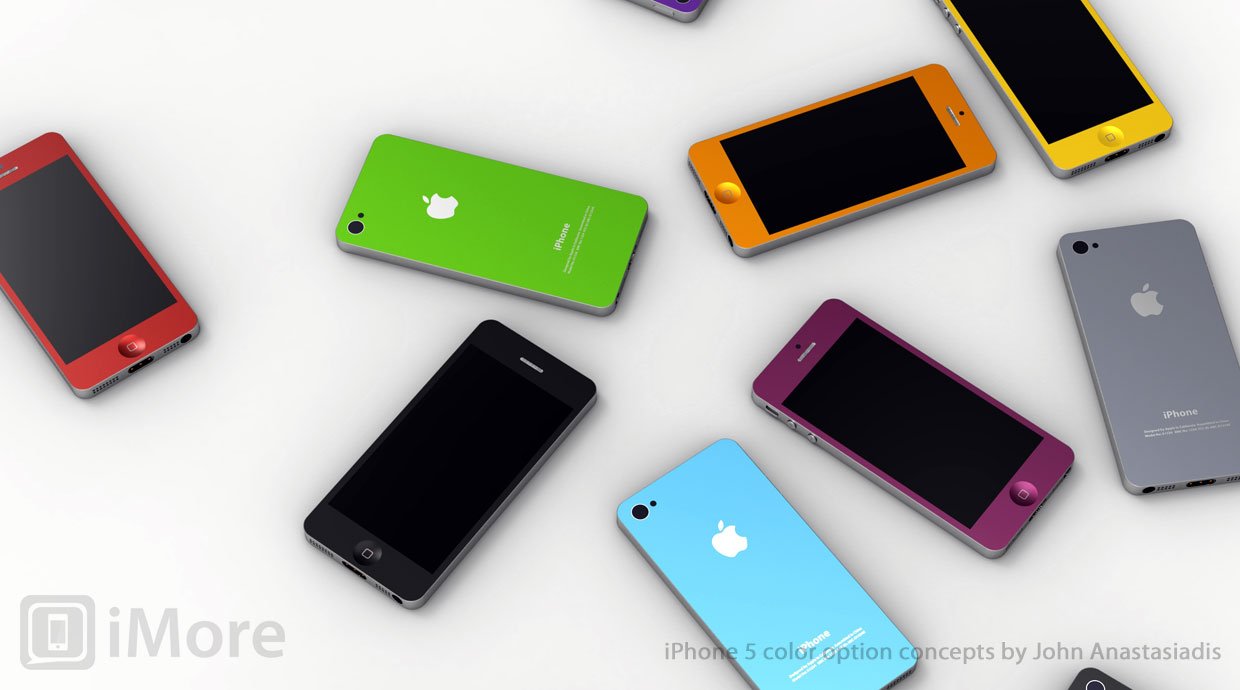Why iPhone 4C didn't make sense but iPhone 5C just might

It's my understanding Apple's been considering the release of a less expensive iPhone 5c-type product since at least 2009/2010, but the economics and conditions back then made them go with - and stick with - the older-model-at-reduced-price model instead. Rumors are building that this year might be the year they change strategies and flip that particular product switch. So why now? The simplest answer would seem to be that the economics and conditions have changed. Like I said back in January, for Apple, less expensive doesn't mean cheap. However, less expensive can mean a larger, more unified addressable market. John Gruber on Daring Fireball caught an important part I missed:
All told, I think Apple could build and sell an iPod Touch-caliber iPhone 5c for $399, possibly as low as $349.Would this cannibalize sales of the actual iPod Touch? Perhaps, but modern-era Apple has never been afraid of cannibalizing its own products.
One of the other differences between then and now - in addition to emerging markets, more price-sensitive first-time smartphone buyers, downward pressure on the iPhone ASP due to the previous strategy, and perhaps a desire to unify the platform faster around 4-inch screens and Lightning ports - is the continued decline of the iPod lineup.
The iPhone originally succeeded because it was a better experience than all the smartphones that came before, and a variety of customer types were willing to pay for it. And now they have. And now Apple, like everyone else, is chasing the next billion first-time smartphone adopters, and just like with the iPods nano and shuffle, the Mac Mini, and the iPad mini, the lower the cost of entry, the more of that market Apple can on-board, immerse in their ecosystem, and potentially retain and expand upon going forward.
The iPod touch used to be the cheapest gateway to iOS and the App Store. As that fades, the iPad mini, and something like an iPhone 5c need to take its place. (Apple has historically been very good at having "what's next" ready to climb as "what was" becomes to decline.)
Ben Bajarin explains it much more succinctly than I ever could over on Tech.pinions:
Any move Apple makes to go downstream is a strategic move to acquire customers who seek value but not at premium price points and get them into Apple’s ecosystem.
So what makes 2013 a better year to release a less expensive iPhone 5c than 2010 was to release a less expensive iPhone 4C? The type of product Apple can produce to fit that slot is likely far better, and far more in keeping with their standards, than anything they could have produced in 2010. (i.e., the iPhone 3GS was better than an iPhone 4C could have been), their older product line continues to decline and new ones can now take its place (i.e. iPad mini and iPhone 5c could do the job better now than iPod touch), and the type of customer Apple was targeting back then is likely different than the ones that comprise the biggest opportunity today (i.e. less expensive on contract vs. less expensive overall).
The economics and conditions have changed, and, if the iPhone 5c rumors prove true, Apple has, as usual, changed to address them. It's not a reaction, it's a plan. After all, that relentless fearlessness in face of the future has, historically, been one of Apple's greatest strengths.
iMore offers spot-on advice and guidance from our team of experts, with decades of Apple device experience to lean on. Learn more with iMore!
Note: I conflated part of this into yesterday's difference between iOS and Android developers piece but I thought the specifics of addressable market deserved it's own thing.

Rene Ritchie is one of the most respected Apple analysts in the business, reaching a combined audience of over 40 million readers a month. His YouTube channel, Vector, has over 90 thousand subscribers and 14 million views and his podcasts, including Debug, have been downloaded over 20 million times. He also regularly co-hosts MacBreak Weekly for the TWiT network and co-hosted CES Live! and Talk Mobile. Based in Montreal, Rene is a former director of product marketing, web developer, and graphic designer. He's authored several books and appeared on numerous television and radio segments to discuss Apple and the technology industry. When not working, he likes to cook, grapple, and spend time with his friends and family.
